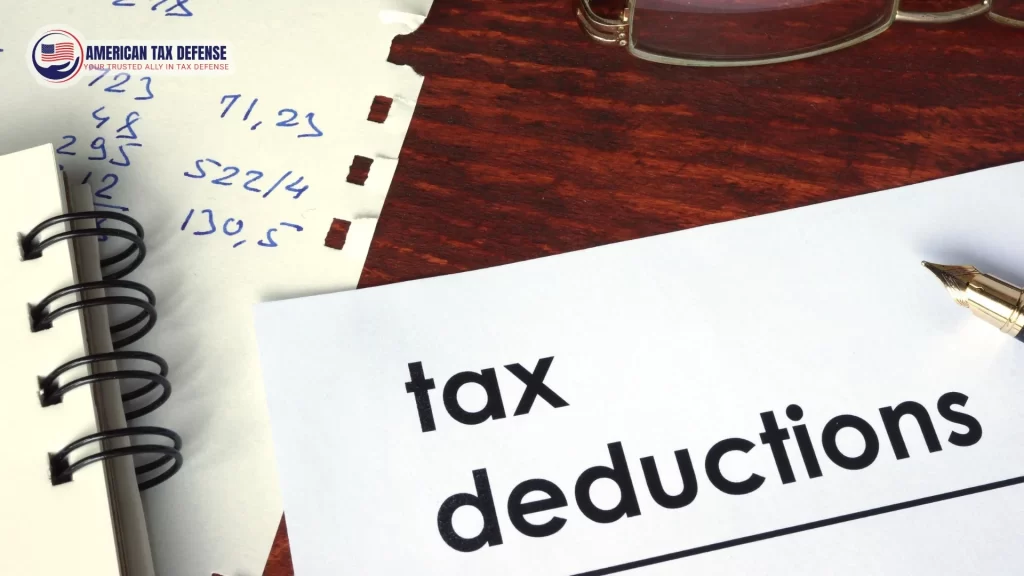For seniors who want some degree of freedom but need help with daily activities, assisted living is an excellent option.
Although assisted living has many pros, many families worry greatly about the expenses. What percentage of assisted living is tax-deductible is one of the most often asked questions by people.
The good news is that, depending on a few things, some of the assisted living expenses are tax-deductible. We will go over anything you need to know in clear language in this essay. Knowing these tax deductions will benefit you greatly if you are seeking strategies to lower the assisted living expenses.
How Does the IRS View Medical Expenses?
Let’s review generally what the IRS permits before we delve into the intricacies of what percentage of assisted living is tax-deductible.
The IRS states you may write off qualified medical expenses exceeding 7.5% of your adjusted gross income (AGI). If your AGI is $50,000, then medical bills more than $3,750 are deductible.
The crucial point now is that although not all assisted living expenses are treated as medical ones. Some are. Knowing what percentage of assisted living is tax-deductible is therefore rather vital.
Of the assisted living expenses, which are tax-deductible?
Usually charging a monthly fee including a range of services, assisted living homes. These could consist of:
- Rent a room and board
- Meals
- Maintenance in the House
- Support with daily living (ADL) tasks, including clothing, bathing, and medication handling.
- Medical care accessibility
What percentage of assisted living is tax-deductible?
According to the IRS, only the medical treatment-related component is deductible. Unless they fit a resident’s care plan, rent, groceries, and social events typically do not count.
Who qualifies for these deductions?
These deductions are not available to everyone. One must satisfy the following requirements to be qualified:
- The resident has to be regarded as “chronically sick”.
- This indicates they cannot engage in at least two daily living (ADL) activities without help.
- Alternatively, a cognitive disability (such as Alzheimer’s or dementia) calls for more monitoring.
- A licensed doctor has to create a resident’s care plan, including the necessary medical treatments at the facility.
- Your tax return needs itemized deductions. If you claim the standard deduction, you cannot claim these costs.
Should these requirements be satisfied, a good amount of the expenses could be covered by deduction.
So, What Percentage of Assisted Living Is Tax-Deductible?
There is no one-size-fits-all figure since the billing system of the institution and the personal care requirements define it. For individuals who qualify, several analysts advise, however, that between 30% and 100% of assisted living expenses could be deductible.
Here is a roughly accurate breakdown:
- Usually deductible are personal care services like washing, feeding, dressing, and grooming.
- Nursing care and medicine management: deductible
- Room and board (rent, meals) – Not deductible unless part of a care plan for a chronically ill person.
- Social and leisure activities are not deductible.
- Should the resident be consistently sick and under medical treatment around the clock, up to 100% of their expenses could be covered.
This is why you should consider the person’s situation and care plan when wondering what percentage of assisted living is tax-deductible.
Advice on submitting claims
Here are some guidelines that you should you intend to claim deductions for assisted living expenses:
- See a qualified physician or nurse for a documented care plan.
- Ask the assisted living complex for an itemized bill. Medical vs non-medical expenses should be broken down here.
- Keep all receipts and records on hand should the IRS request evidence.
- See a tax expert to be sure you are claiming the right deductions.
Can adult children deduct assisted living expenses for their parents?
Indeed, in some cases. Even if they live in assisted living, if you pay for more than half of your parents’ maintenance, you could be able to claim them as a dependent and write off their medical expenses.
Once more, the important issue is: for your parent, what percentage of assisted living is tax-deductible same regulations that hold. Your parent must satisfy the needs listed above.
American Tax Defense: Why Choose Them?
Having a reliable tax resolution organization on your side is crucial, whether your IRS problems include unpaid taxes, unclear deductions like those for assisted living, or otherwise. American Tax Defense shines here. Renowned for their committed group of CPAs, enrolled agents, and tax experts, they focus on easily guiding people and companies across challenging tax issues. They provide tailored solutions depending on your particular reasons, whether your issues include pay liens, audits, or just help optimizing your deductions.
What makes them unique? Their first focus is on clients. They spend the time outlining your alternatives so you never feel overwhelmed or confused. Their success record also speaks for itself—thousands of happy customers have helped to either lower or eliminate their IRS debt. The mission of their work is openness, honesty, and professional direction. Choosing them is a wise decision if you wish the greatest potential outcome and peace of mind. Their free consultations and reasonable payment schedules empower everyone to receive professional tax assistance. Trust them to battle for your financial future since, regarding taxes, you should not go it alone.
Last Thoughts
For many families, assisted living might be a required but expensive outlay of funds. Fortunately, tax breaks help to somewhat lower some of these expenses. The health condition of the resident and the specifics of the care plan mostly determine what percentage of assisted living is tax-deductible.
To maximize your deductions:
- Verify if the resident qualifies as consistently sick.
- Maintaining thorough records and itemized bills will help.
- Consult with a licensed tax adviser.
Knowing the percentage of assisted living that is tax-deductible helps you to save hundreds of dollars a year and guide your financial decisions for loved ones.







